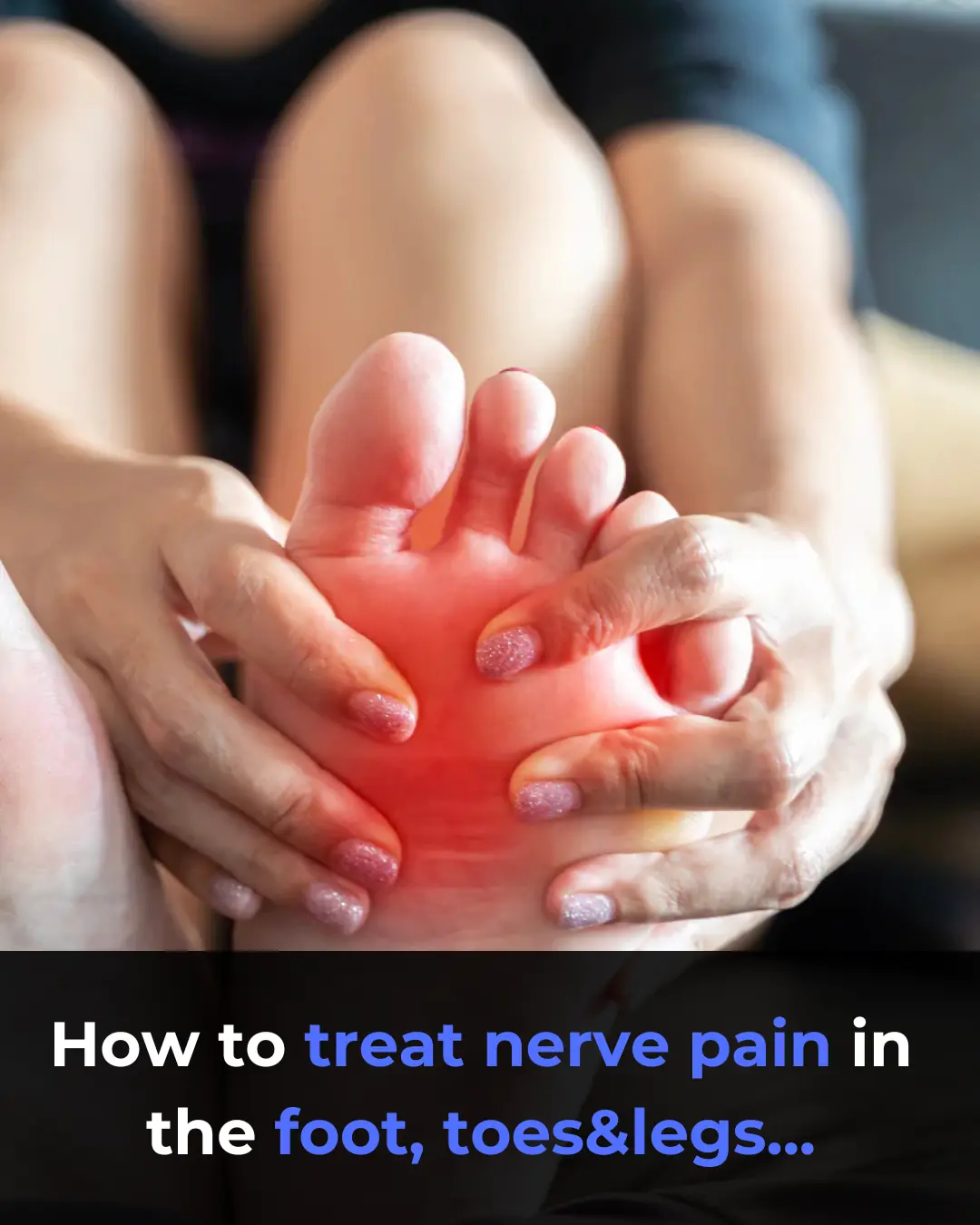
How Hormonal Birth Control May Reshape the Brain: New Neuroscience Insights
A groundbreaking discovery is sparking intense discussion in the field of neuroscience: a neuroscientist has observed that her own brain undergoes measurable structural changes, including a reduction in volume, while using hormonal birth control. This unexpected finding adds to a growing body of research suggesting that hormonal contraceptives may have deeper effects on the brain than previously understood. It also raises new questions about how synthetic hormones influence mood, memory, and cognitive performance in millions of women worldwide.
Hormonal contraceptives work by altering levels of estrogen and progesterone—two hormones that play essential roles not only in reproduction but also in brain development and neural communication. Studies published in respected journals such as Nature Reviews Neuroscience and the Journal of Cognitive Neuroscience have long demonstrated that natural hormonal fluctuations can impact regions involved in emotional regulation, learning, and decision-making. Because birth control stabilises or suppresses these fluctuations, researchers have begun to examine how this hormonal shift might translate into structural or functional brain changes.
One frequently referenced study from the Radiological Society of North America (RSNA) reported that women taking oral contraceptive pills showed a smaller hypothalamus volume compared with non-users. The hypothalamus plays key roles in stress response, sleep, appetite, and emotional processing. Similarly, research supported by the National Institutes of Health (NIH) and Harvard Medical School has documented changes in brain connectivity and activation patterns in women using hormonal birth control, particularly in areas related to memory formation and emotional sensitivity.
Although the neuroscientist’s personal finding is not evidence of widespread or universal brain shrinkage, it aligns with broader scientific efforts highlighting that oral contraceptives may influence brain regions responsible for behavior and cognition. Scientists emphasise that these effects are not necessarily harmful, but they underscore the importance of understanding how synthetic hormones interact with neural circuits. Some studies have noted potential impacts on mood stability, stress reactivity, and memory performance, while others have found no negative outcomes, showing that individual responses can vary widely.
Researchers caution that much more data is needed to understand the long-term consequences of these changes. The brain is highly plastic, meaning it can adapt and reorganise in response to hormonal shifts, medications, and life experiences. Experts from institutions such as the World Health Organization (WHO) and American College of Obstetricians and Gynecologists (ACOG) emphasise that hormonal birth control remains safe and effective for the vast majority of users. However, they also agree that investigating its neurological effects is essential for providing women with comprehensive information about their health.
This emerging line of research may ultimately lead to new and improved contraceptive options—ones that maintain effectiveness while minimising unintended impacts on mood or cognition. As scientists continue to explore how hormones shape the developing and adult brain, this discovery could serve as a critical turning point in both reproductive medicine and neuroscience.
In the meantime, the findings act as a valuable reminder: understanding how hormonal contraceptives affect not only the body but also the brain is an important step toward empowering women to make fully informed decisions about their health. This research opens the door to a future where contraceptive methods are designed with both physical and neurological well-being in mind, blending effectiveness with a deeper awareness of how hormones influence the human experience.
News in the same category


The Evolution of Public Road Speed Records: From the Mercedes-Benz W125 to the Koenigsegg Agera RS

New Antiviral Chewing Gum Made From Lablab Beans Shows Strong Virus-Neutralizing Potential in Lab Tests

Misconceptions That Turn Water Purifiers Into a Source of Illness — Stop Them Before They Harm Your Family
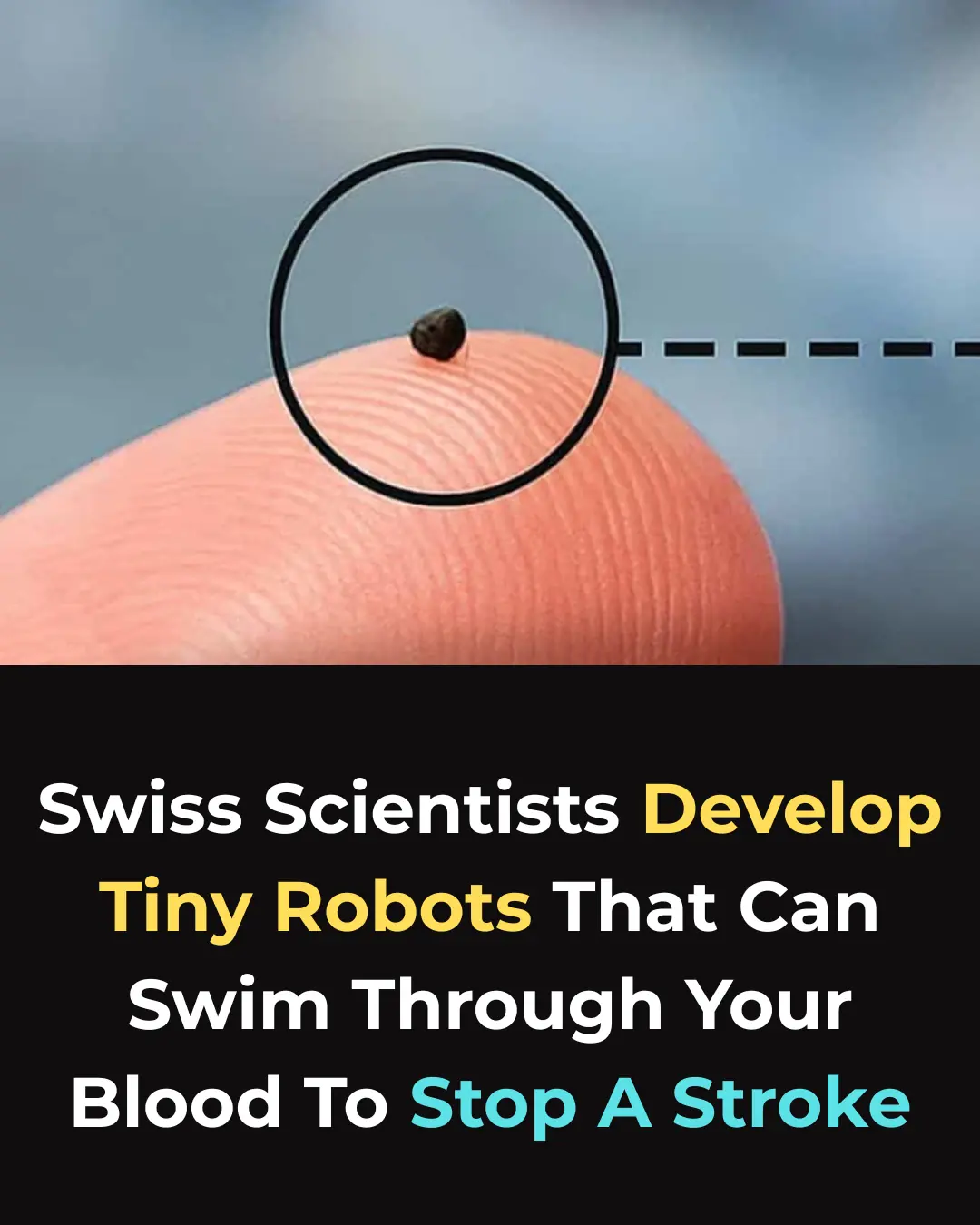
A New Breakthrough: Magnetic Microrobots Designed to Navigate Blood Vessels and Stop Strokes

A Dual Climate Solution: Solar Panels Over Canals Could Save Billions of Gallons of Water
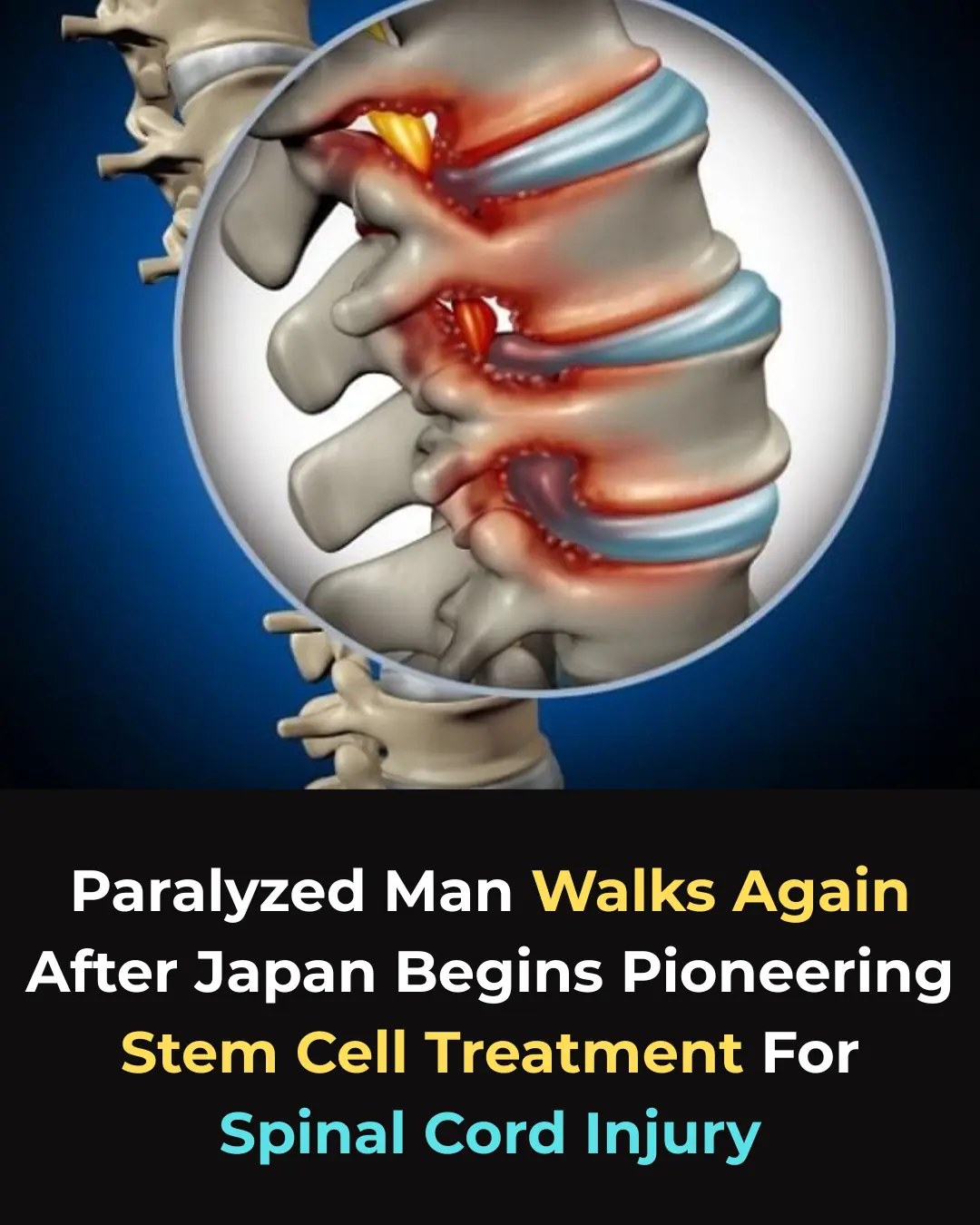
Regenerative Medicine Milestone: Stem-Cell Trial Restores Motor Function in Paralyzed Patients

From Crow to Cleaner: How Feathered Geniuses Are Fighting Litter in Spain

Using Crow Intelligence to Fight Pollution: Inside Sweden’s Corvid Cleaning Project

From Stone to Shelter: Innovative Housing Beneath France’s Historic Bridges

Redefining Public Restrooms in South Korea: Hygiene, Dignity, and Accessibility for All

How Cyclic Sighing Became One of the Most Effective Breathing Techniques for Reducing Anxiety
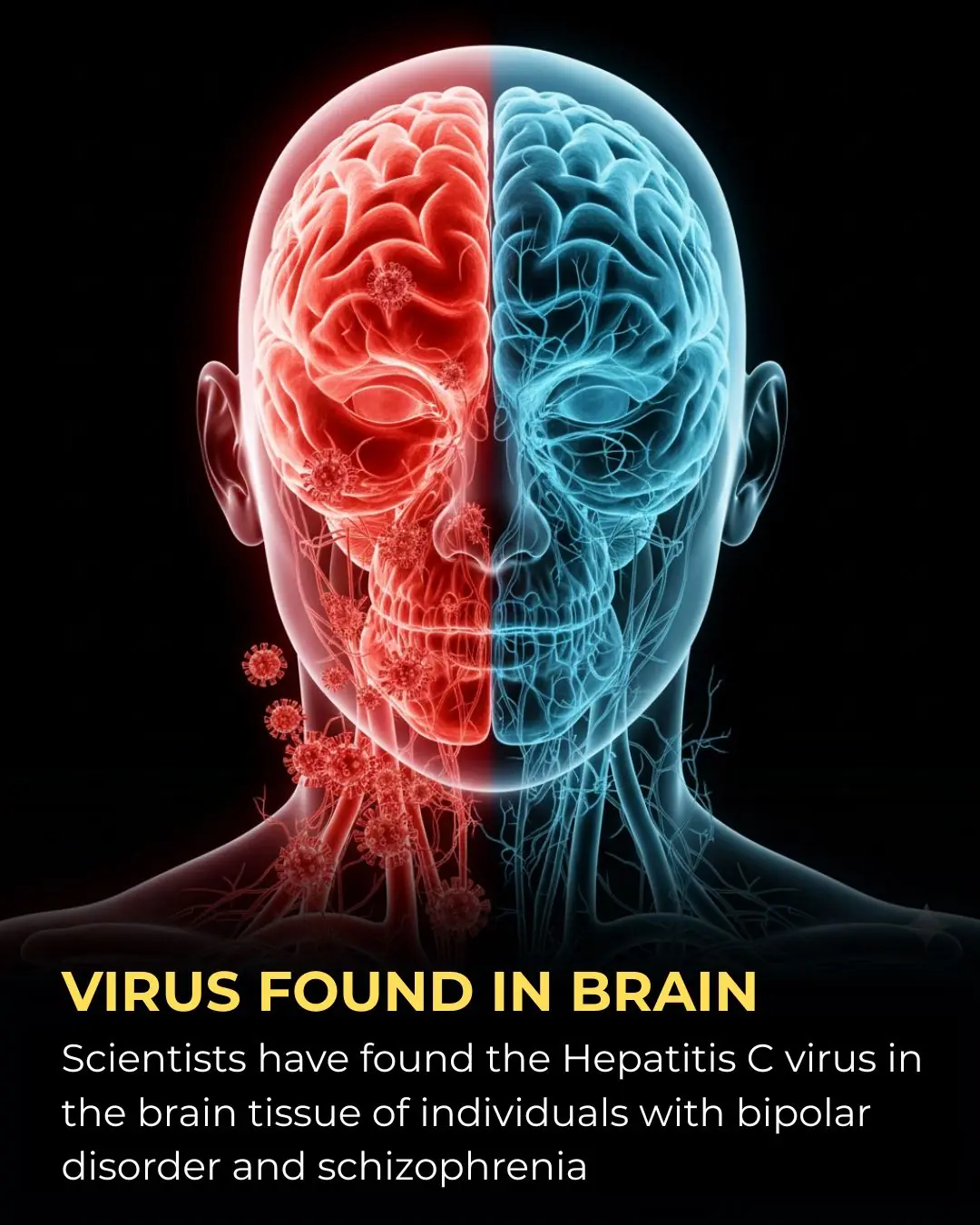
Hepatitis C Virus Detected in Brain Tissue: A Potential Link to Schizophrenia and Bipolar Disorder

Top 10 Safest Places if World War 3 Broke Out

Scientists Sequence the World’s Oldest RNA from a 40,000-Year-Old Woolly Mammoth
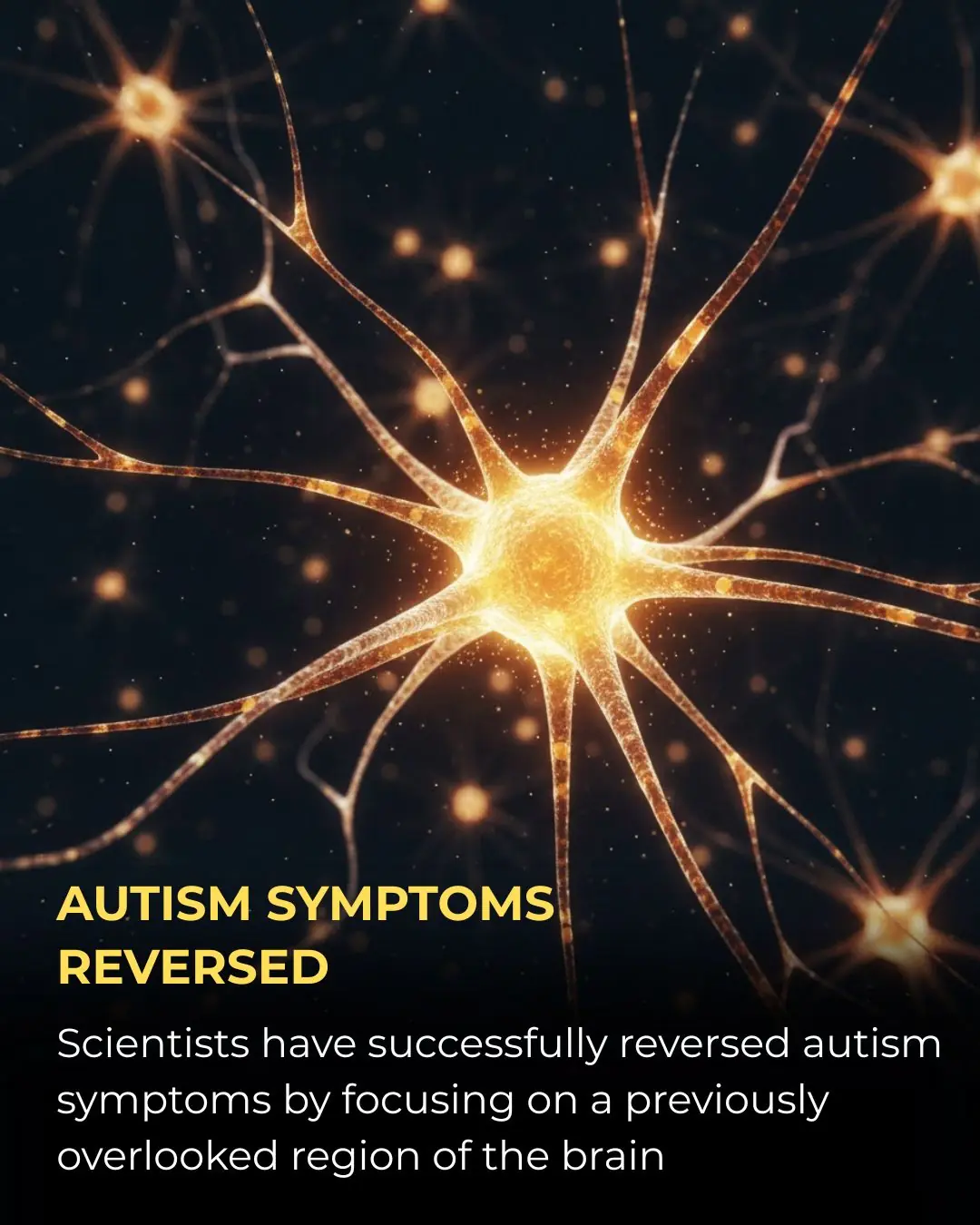
Novel Neural Pathway Identified as Key to Reversing Autism-Related Behaviors
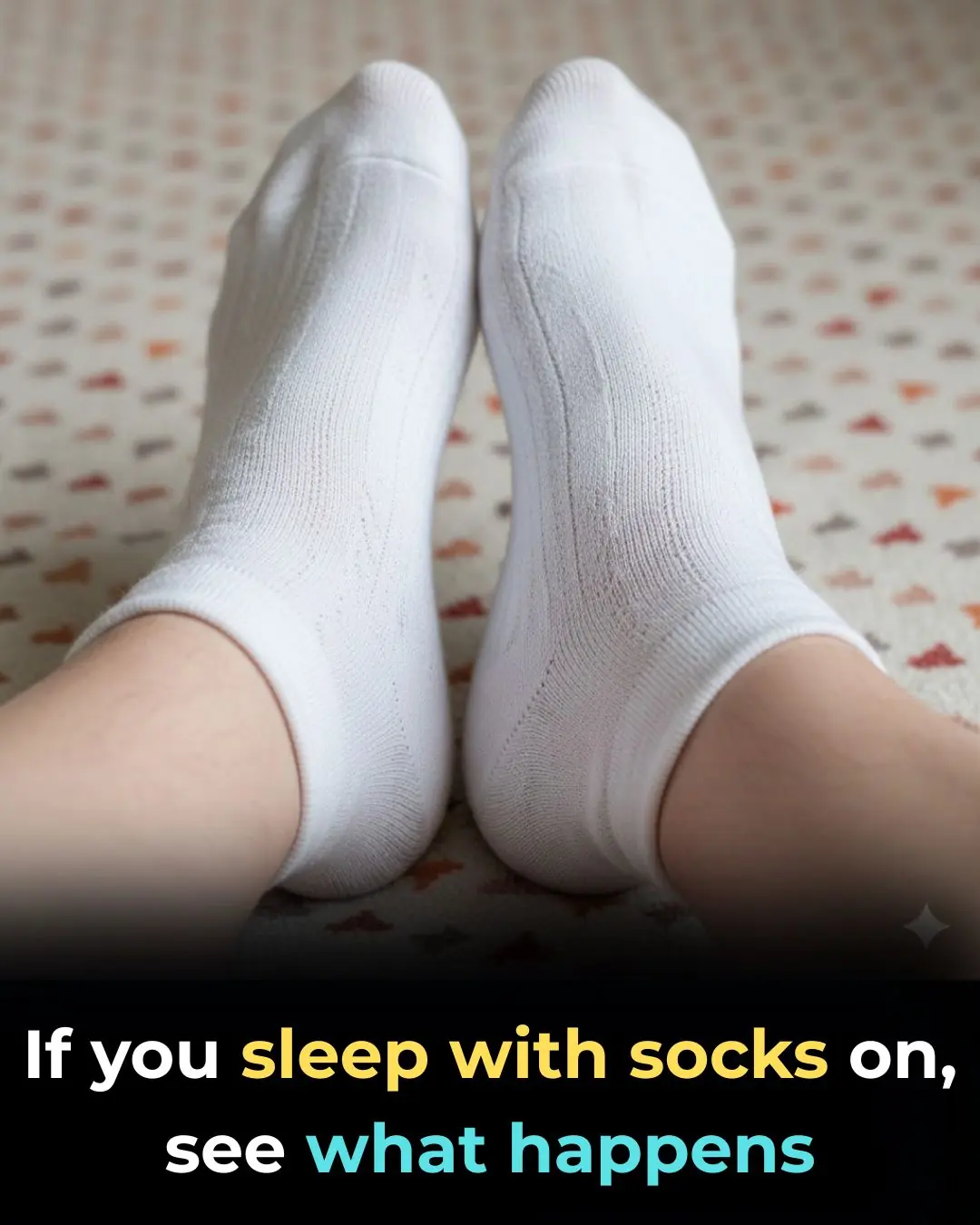
Why seniors should keep their socks on even at home
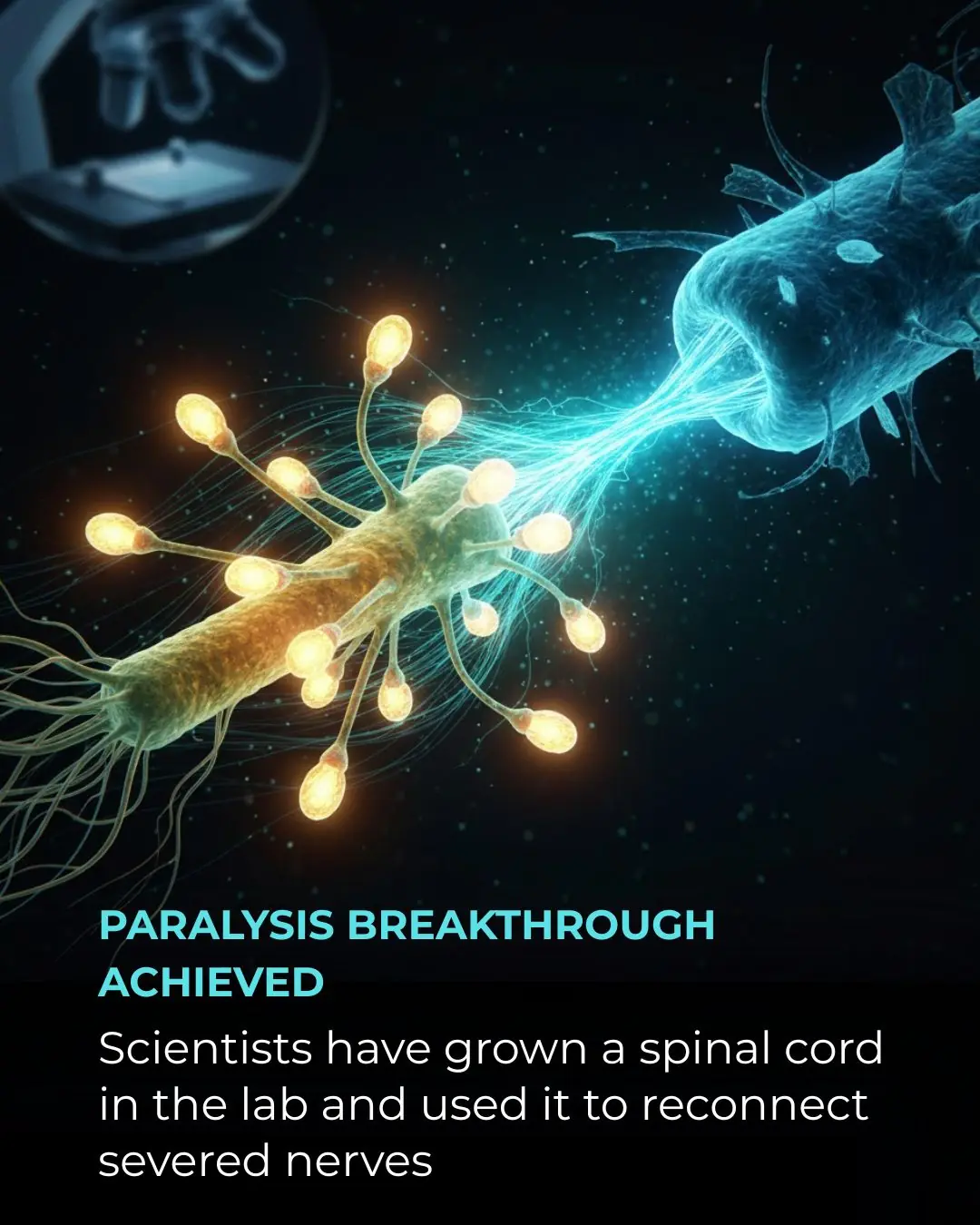
What Once Seemed Impossible: Lab-Grown Spinal Cord Sparks Hope for Millions
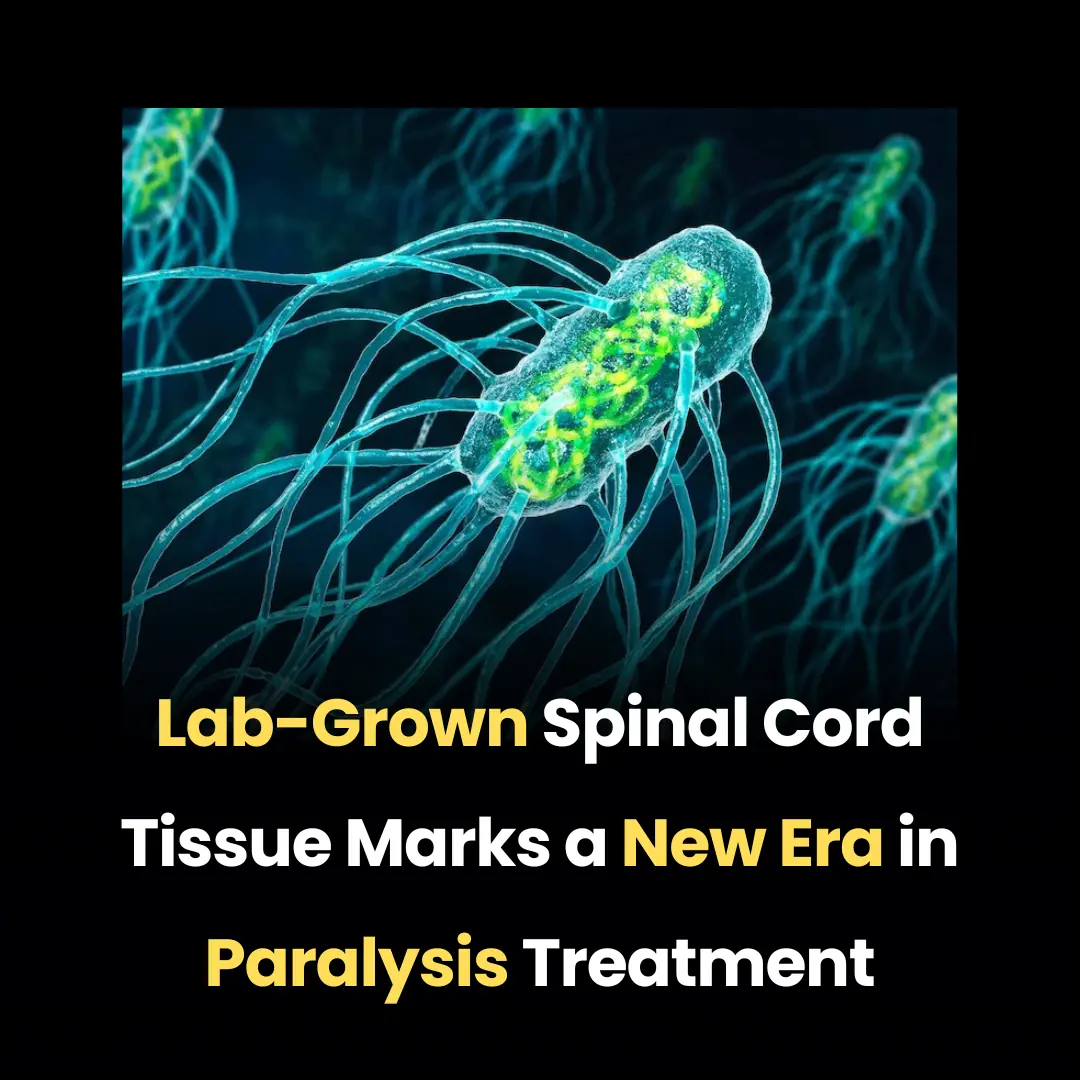
Lab-Grown Spinal Cord Tissue Marks a New Era in Paralysis Treatment
News Post

The Day a Burned Little Boy Met His Hero in Blue.

The Princess Who Saved Her Father.

The Mailman Who Became Her Shelter.

Forty-Eight Hours of a Mother’s Love.

Jack Andraka: The 15-Year-Old Innovator Who Sparked a New Wave of Early Cancer Detection Research

The Evolution of Public Road Speed Records: From the Mercedes-Benz W125 to the Koenigsegg Agera RS

New Antiviral Chewing Gum Made From Lablab Beans Shows Strong Virus-Neutralizing Potential in Lab Tests

10 Effective Ways to Reduce Dust in Your Home – Keep Your Living Space Clean and Healthy

Misconceptions That Turn Water Purifiers Into a Source of Illness — Stop Them Before They Harm Your Family
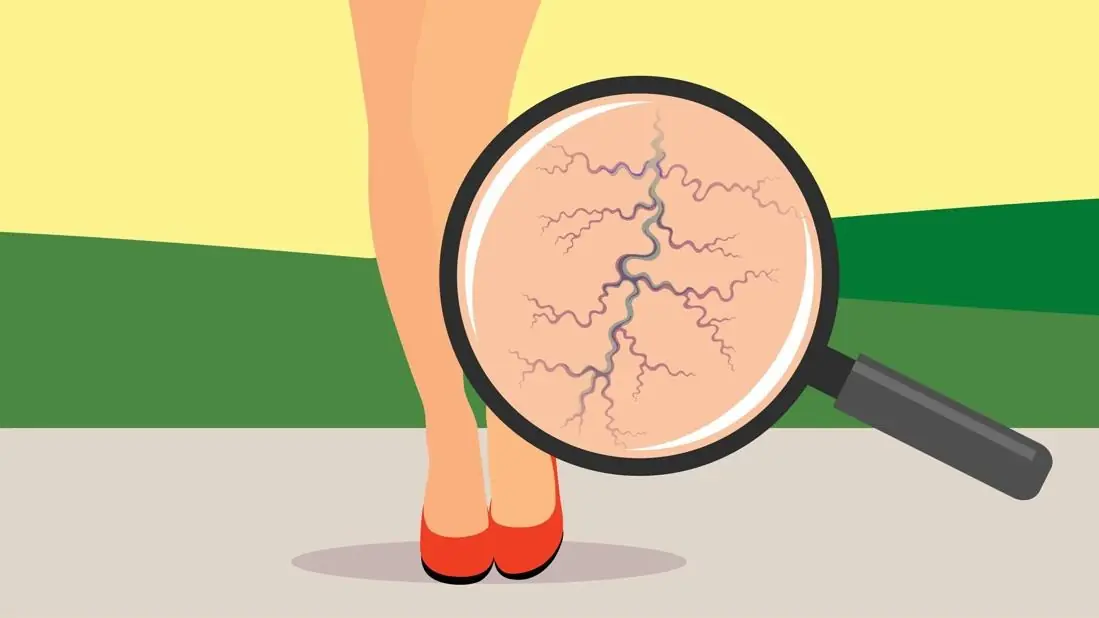
The Best Natural Remedies to Treat and Prevent Varicose Veins Effectively
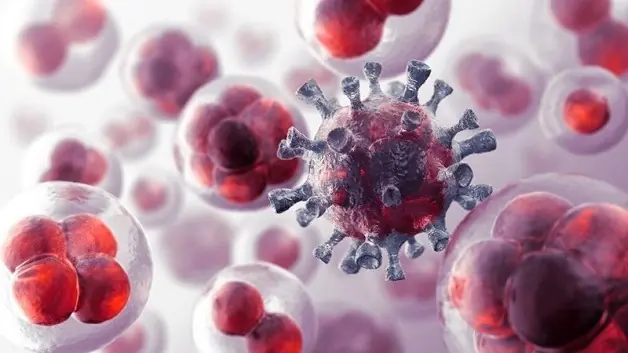
People Who Do This Every Morning Have Better Circulation and More Energy
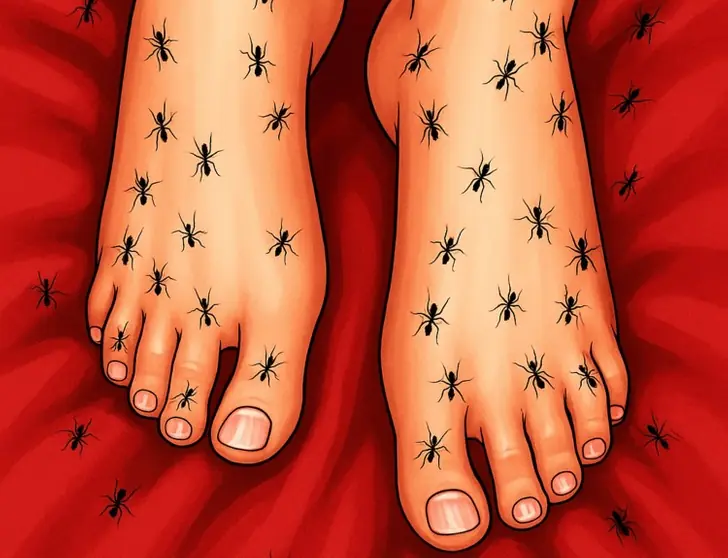
The hidden signs your body sends before diabetes strikes

Vaseline Uses and Benefits for Skin, Lips, and Hair

10 simple ways to reduce dust at home that most people overlook

You’re Doing It All Wrong: Here’s the Right Way to Defrost Frozen Pipes

7 Powerful Fruits to Preserve Muscle Strength and Energy After 50

I Didn’t Know!
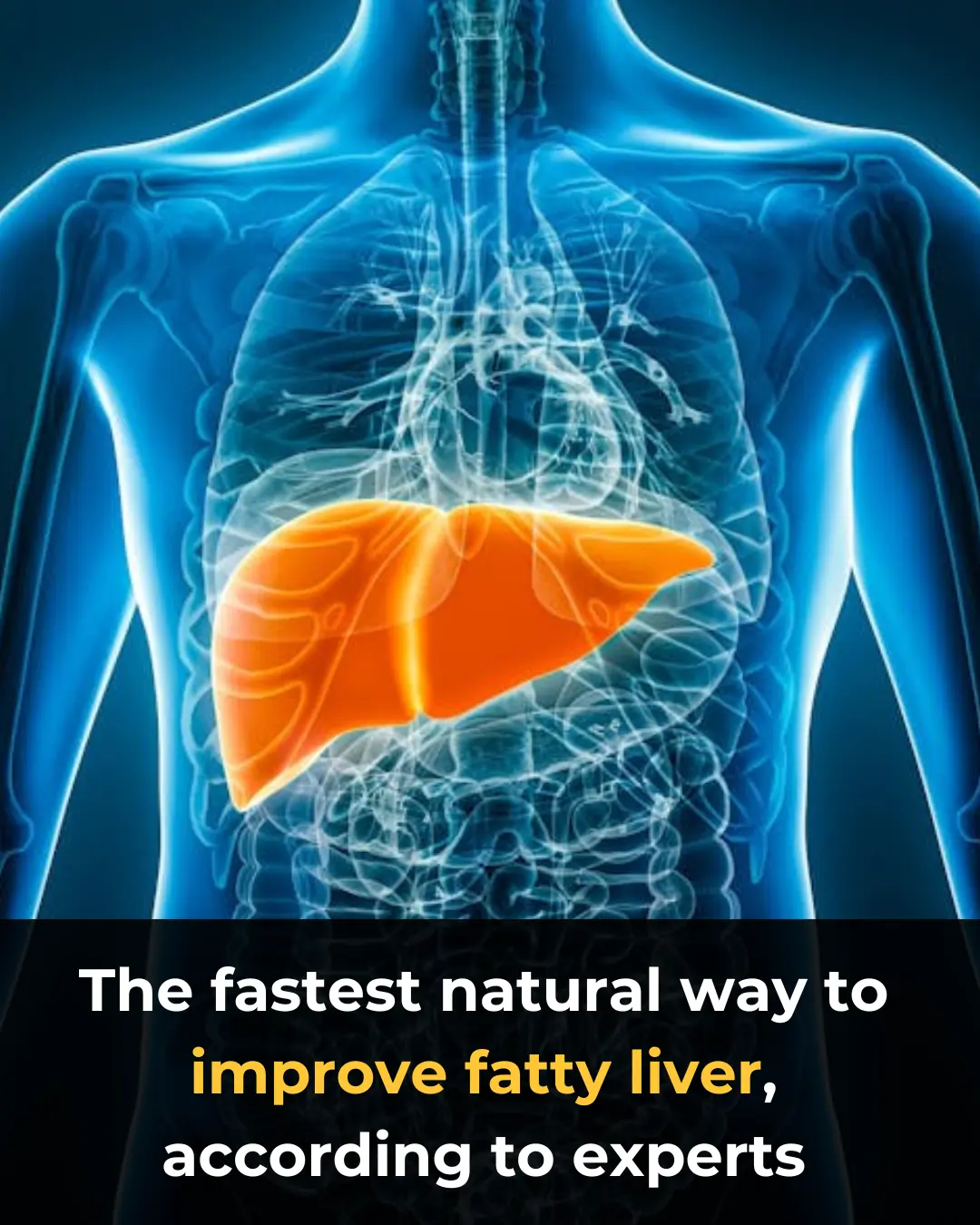
The #1 FASTEST way to reverse fatty liver naturally

Could the bacteria in your nose be causing Alzheimer’s?
